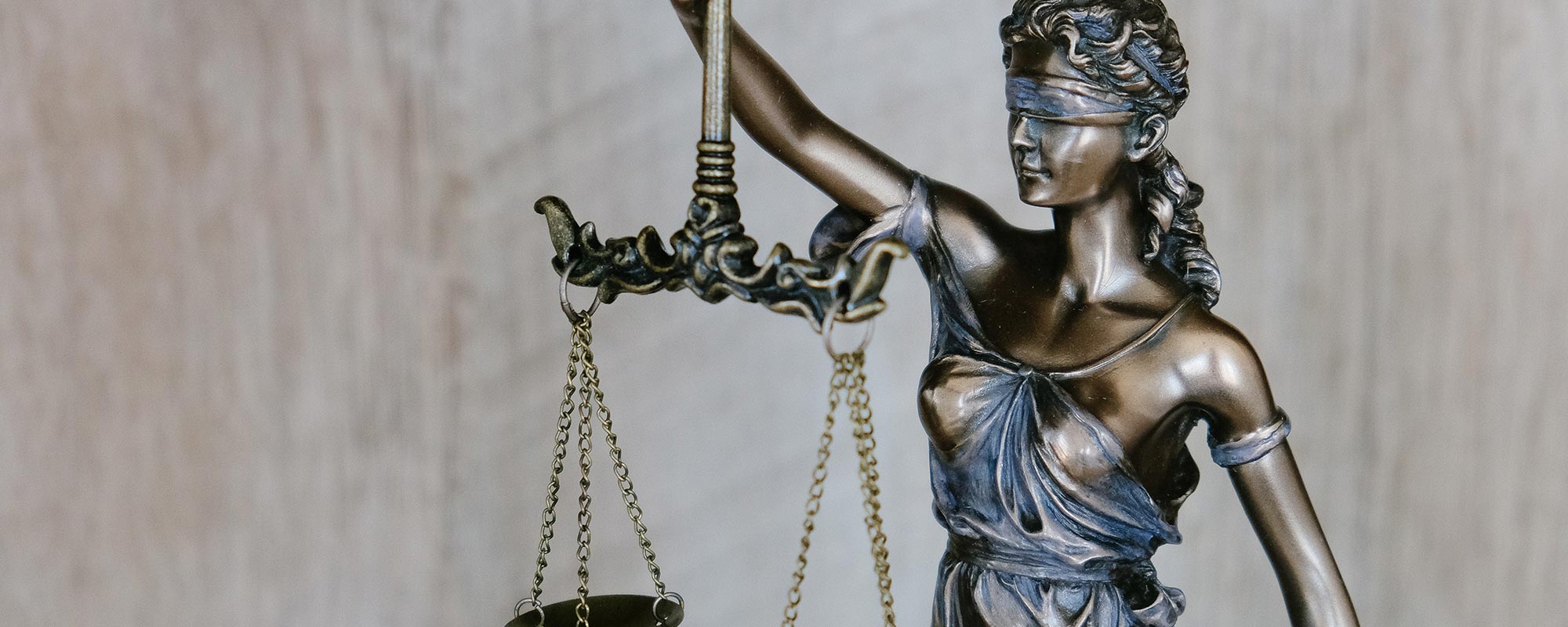The Supreme Court’s decision today in R. v. Bird is a disappointing – even devastating loss – for Canadians who care about freedom and justice and who believe that a right without a remedy, is no right at all. The decision demonstrates a Court that is out of touch with the realities faced by individuals who are incarcerated or who are beginning the hard work of reintegrating into society after serving a jail sentence.
As recently reported on our blog, R. v. Bird considers whether a man can be imprisoned for failing to follow an apparently unconstitutional order and, in particular, whether he can be precluded from even challenging the order because he failed to do so at the time it was imposed. Mr. Bird was released from prison after serving his sentence, pursuant to a long-term supervision order (LTSO). One of the conditions was that he reside at a “community correctional centre”. In essence, Mr. Bird was released from jail – to another jail. He breached the condition that he reside in the community correctional centre (he left) and sought to challenge it when he was charged with the breach.
The majority of the Court held today that Mr. Bird is barred from challenging the order during the trial for its breach because, in effect, he failed to challenge it “the right way” when it was initially imposed.
The majority decision favours form over substance and ignores the enormous hurdles that exist for offenders who wish to challenge aspects of their LTSOs, and other orders imposed by the Parole Board and Correctional Services. The majority’s big concern is that individuals will “breach first, challenge later”, so they try to point out the ways in which Mr. Bird could have challenged the residency condition earlier. The majority suggests that Mr. Bird could have written to the Parole Board asking them to vary the condition – even though it is the Parole Board itself that imposed the condition. It also states that he could have challenged the decision by seeking judicial review at the Federal Court, but recognizes that this may not have provided an effective remedy (given how long it can take to get matters heard before the Court, the conditions he challenged might have been met and expired by the time it was heard). Finally, the Court says that Mr. Bird could have brought an application for habeas corpus in a provincial superior court, and seems to suggest this is a simple and quick remedy that a self-represented individual can easily manage. In each instance, the Court seems to drastically underestimate the difficulties associated with initiating these procedures, particularly if you are being held in custody with significant restrictions on your liberty.
The concurring judges disagreed, finding that Mr. Bird should not be barred from raising constitutional arguments simply because he didn’t challenge the residency condition through “one of the three imperfect avenues” on which the majority relies. The concurring judges are particularly concerned because breaching a condition of an LTSO could result in up to ten years in prison. However, while the concurring judges would have allowed Mr. Bird to challenge the residency requirement, it would also have held that the condition did not violate his s. 7 Charter right to life, liberty, and security of the person. This pyrrhic victory for Mr. Bird is a second devastating blow since he and other offenders are told that when your jail sentence is over, you may still have to stay in jail. Anyway you slice it, Mr. Bird gets the very short end of the stick – and possibly a long jail sentence.
It is important that courts guard against being used in an abusive way – and the “breach first, challenge later” concern is a genuine one. But in this case, with respect, the majority of the Court stuck its collective head in the sand, and ignored the challenges faced by those who are incarcerated or just beginning to reintegrate into their communities. Rather than facilitating reintegration, the decision sets released offenders further back, and we are all worse off as a result.
About the Canadian Civil Liberties Association
The CCLA is an independent, non-profit organization with supporters from across the country. Founded in 1964, the CCLA is a national human rights organization committed to defending the rights, dignity, safety, and freedoms of all people in Canada.
For the Media
For further comments, please contact us at media@ccla.org.





